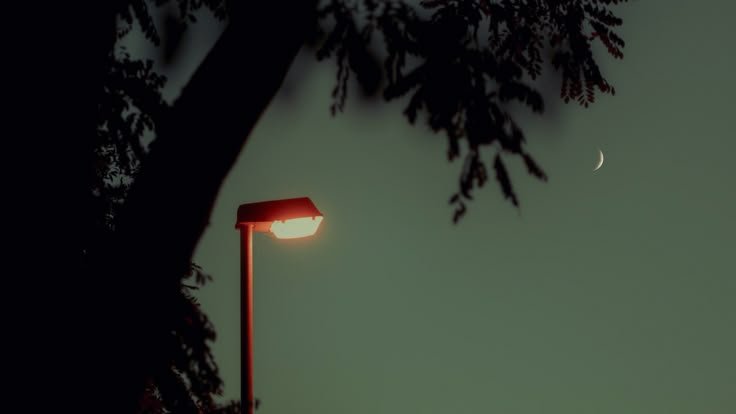The man sat at the table. His hands rested there each finger bent in a way that suggested some ineffable collapse. The room was filled with the sound of his breathing — slow, forced. His beard hung like the limbs of an old, dying tree; they were tangled and heavy, growing longer yet failing to find its roots. His eyes, half-closed, looked nowhere, yet always in the same direction at the same time. He had been there for hours.
Each movement, each breath, felt like an effort. He remembered when his mind had last been light, when it had once been filled with hopes, with intentions, with purpose. Time itself had grown thick and dense, turning from liquid to something viscous — a tar that he could never shake from his skin. It wasn’t just sadness, it was something viscous, like a tar that he could never shake from his skin, a tar that clung to his body and consumed him. It was the dull bellicosity in himself of not being, of simply existing. Of waiting, but not knowing for what.
He rose from the table. There was a mirror in the room. A large one. He did not want to look into it, but his body, as if governed by some unseen law, turned toward it. His reflection stared back with vacant eyes. His face was drawn with lines that were not made by age but by something more brutal, more insidious: the erosion of the will to care. The erosion of the will to be. The erosion of the will entirely. To be alive is not to be awake. It is to be trapped between the soul and the grave, waiting for nothing but the grave.
He stepped away from the mirror and moved toward the window, away from the reflection of his soul and towards a possible grave. He could jump from the window, he could, but be rather enjoy the liminality he was in. Between the soul and the grave. There was no sun to be seen, just grey, an expanse of lifeless sky. Was the sky in its grave, or was it midway too? Trapped between soul and grave. Perhaps the sky stored all the souls once they entered their grave.
The man let his eyes slide from the trees to the barren street below. The cars passed without thought, the people walking with faces as blank as his own. They did not look at each other, did not speak. Their eyes were glazed, and their were bodies mechanical. Life proceeds not in great climaxes but in forgotten details. The moments of our existence are those we would choose not to remember. And, we, humans, choose not to remember most of what happens.
The man took a seat again, this time on a worn chair by the window. He felt the chair beneath him, but not in the way one feels the support of something solid. It was more like a presence in his body, poking his dully bellicose soul. The chair was in its grave, he could tell. The chair had nothing to do but do nothing, and the absence of doing something was itself a thing, that thing was done only in one’s grave; the chair, therefore, was in its grave.
His hands moved again, to his face, to his beard, brushing the thick strands in the absent way that a person might smooth the hem of their clothes, unaware that it is no longer necessary to do so. Unaware that it does not assist them in any way, nor did it bring them closer to their soul, or grave. He did not feel clean, nor did he feel dirty. He simply felt… nothing, nothing at all. Maybe he was in his grave. The urge to stand, to do something, to push himself toward life, had long left him. The will of the soul had left him, and he was in his grave; yet the soul had not left him physically, and nor was he physically in his grave. He was a dead-alive man.
He was no longer sure if he wanted it to end, if he really wanted to enter his grave, or if he simply wanted to remain in this perpetual state of imminence, in his dead soul—neither alive nor dead, neither moving nor still. The state of being almost everything, but never quite. Is it better to feel nothing, or to never have felt at all?
